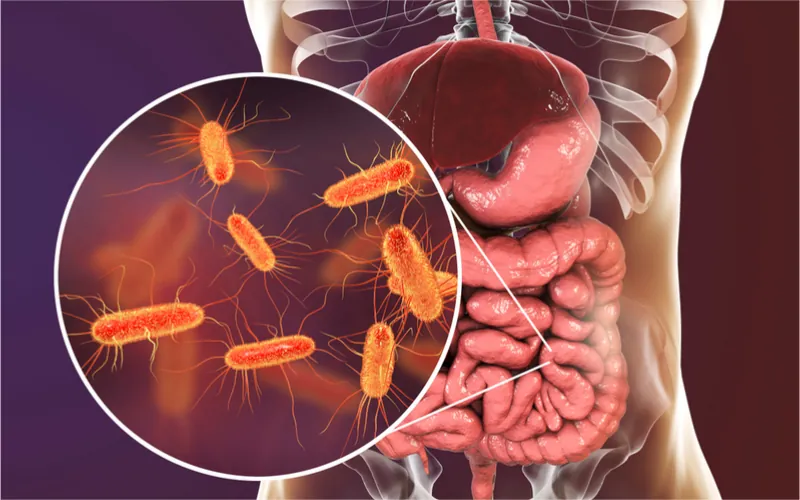The Gut Microbiome and Aging
The gut microbiome is a complex and ever-changing ecosystem populated by a myriad of archaea, eukarya, viruses, and bacteria. Four microbial phyla, Firmicutes, Bacteroides, Proteobacteria, and Actinobacteria, make up 98% of the total population of the intestinal microbiome.
The gut microbiome is a complex ecosystem that regulates various aspects of gut function along with the immune system, the nutrient supply, and metabolism. It also helps to control the growth of pathogenic bacteria, protects from invasive microorganisms, and maintains the intestinal barrier.
As we age, the composition and diversity of the gut microbiome changes, as the beneficial bacteria populations tend to decline and the harmful bacteria often increase in numbers. One emerging hypothesis is that these changes to the gut microbiome lead to detrimental changes elsewhere in the body and could potentially be the origin point of inflammaging, the chronic, low-grade smoldering background of inflammation typically observed in older people.
Some researchers even propose that changes to the gut microbiome may even be one of the causes of aging and not just a consquence. While the jury is out on this, the gut microbiome and the age-related changes that occur there could be a potential intervention point.
If therapies could be developed that target the age-related changes to the microbiome, or which reduce inflammaging, it could result in longer healthier life. There are a number of ongoing research efforts to achieve this including fecal transfer, a crude way to move beneficial gut bacteria between people.


